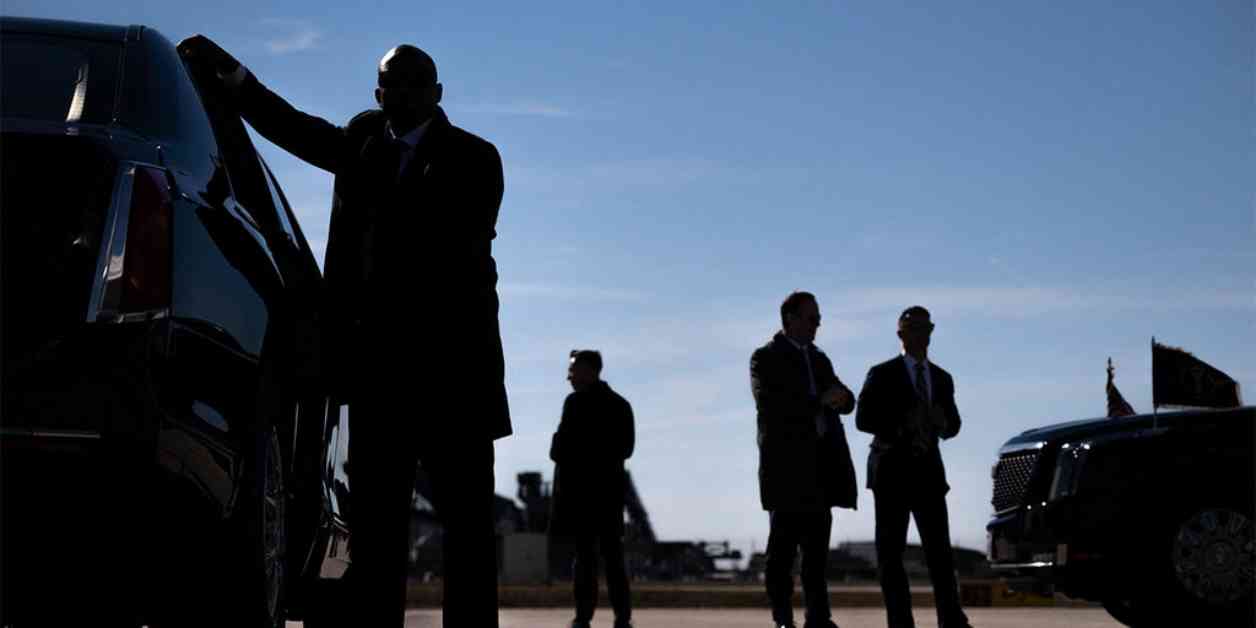The U.S. Secret Service (USSS) has come under intense scrutiny following an assassination attempt on former President Trump on July 13. Questions have been raised about the agency’s culture and staffing levels, with reports of understaffing despite a $3 billion budget increase. Current and former USSS employees have expressed concerns about morale, recruitment, and retention within the agency.
During a congressional hearing, a USSS counter sniper revealed the challenges faced by employees, with a focus on the agency’s motto of “CYA” – cover your a–. The sniper expressed disappointment in the agency’s failure and the impact it has had on their reputation. These revelations have led to a loss of public trust in the USSS’s ability to protect.
Acting USSS Director Ronald Rowe Jr. responded to these concerns, acknowledging the emotional toll on employees and expressing a commitment to address the issues raised. The USSS has seen fluctuations in staffing numbers in recent years, with a total of 7,689 employees in 2023, including agents, uniformed division officers, and support personnel.
Becoming a Secret Service agent requires meeting specific criteria, including passing various exams, background checks, and medical screenings. Agents must also undergo extensive training before being assigned to field offices. The demanding nature of the job, which often involves extensive travel, can contribute to challenges in recruitment and retention.
Former Secret Service agent Charles Marino highlighted the need for comprehensive training and resources for agents, particularly those assigned to protection details for high-level protectees like former presidents. The pressure of the job, coupled with staffing issues and resource constraints, can impact the effectiveness of the USSS in fulfilling its mission.
Efforts are being made to address the concerns raised about the USSS, with a focus on improving morale, recruitment, and training for agents. As the agency works to regain public trust and enhance its capabilities, ongoing evaluation and reforms will be crucial in ensuring the effectiveness of the USSS in protecting national leaders and upholding security standards.


